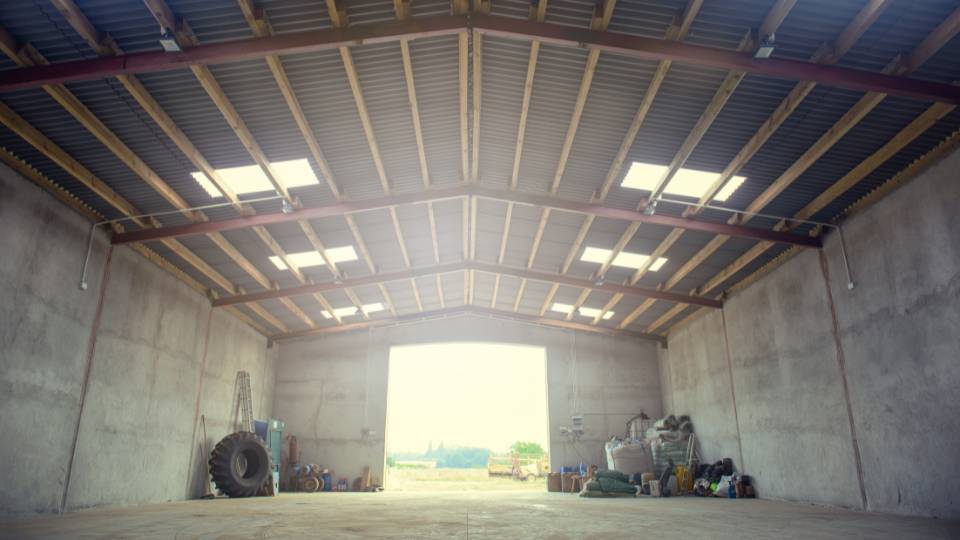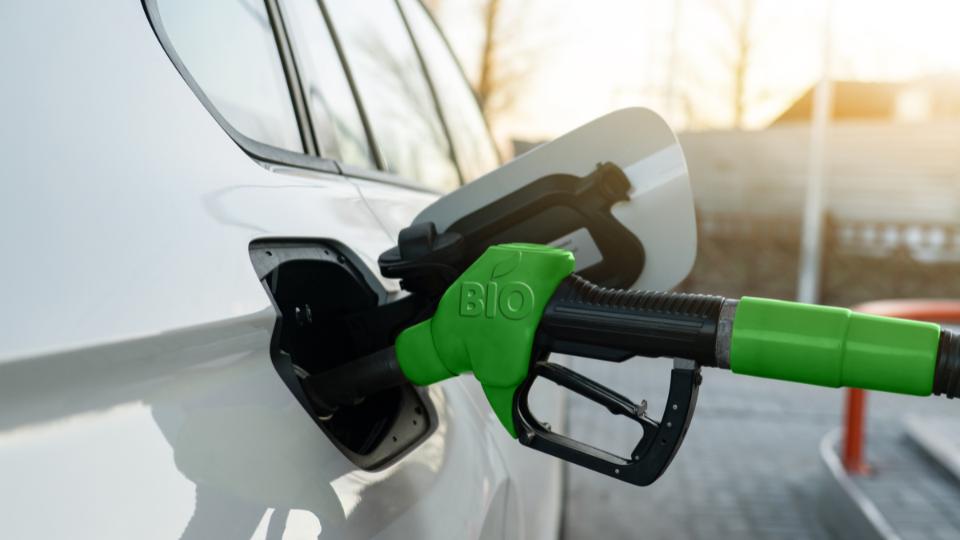
The potential of using agricultural waste for bioenergy is a promising idea as the world becomes increasingly desperate to find sustainable energy solutions to reduce environmental costs to the planet.
Transforming a wasted bi-product of the agriculture industry into valuable energy addresses waste management issues that can cause costs to businesses and harm the environment, as well as contributes positively to renewable energy production.
Keep reading to find out more about this intriguing option for reducing the effects of climate change.
Table of Contents
- Understanding Agricultural Waste
- Agricultural Waste Conversion Technologies
- Environmental and Economic Benefits of Using Agricultural Waste
- Current Agricultural Waste Market and Future Prospects
- Using Agricultural Waste: Challenges and Recommendations
- Conclusion
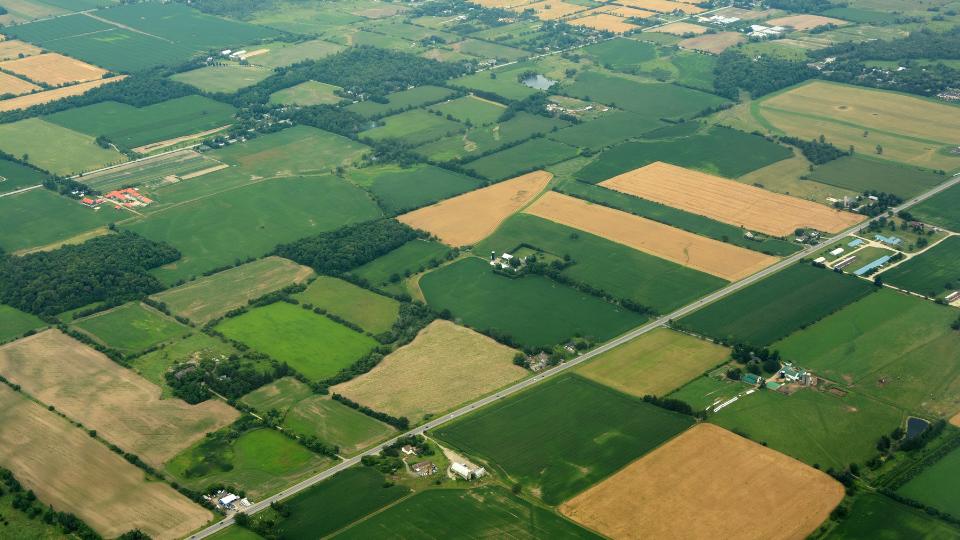
Understanding Agricultural Waste
What is agricultural waste?
Agriculture waste is any waste that has been created due to commercial farming and agricultural activities.
Great examples of agricultural waste are:
- Cereal Straw: In the UK, significant quantities of straw are produced from cereal crops like wheat and barley.
- Sugar Beet Pulp: The UK is a major producer of sugar beet, and the pulp left after sugar extraction is a substantial by-product.
- Potato Peels: The UK is one of the largest producers of potatoes in Europe.
- Rapeseed Meal: Meal leftover after rapeseed oil extraction.
- Apple Pomace: The UK has a robust cider industry, resulting in a large amount of apple pomace.
- Vegetable Waste: The UK produces a variety of vegetables, and waste from trimming and processing.
- Manure and Slurry: The livestock industry in the UK generates substantial amounts of manure and slurry.
- Poultry Litter: The UK produces a significant amount of poultry litter (bedding, feathers and droppings).
So as you can see, agricultural waste includes a variety of residues generated from farming activities.
It includes crop residues (such as straw, husks, and stalks), animal manure, and even food processing by-products.
Globally, agriculture produces over 140 billion metric tons of biomass annually.
Major contributors to this biomass include cereal crops, sugarcane, and various other crops prominent in regions like Europe, the United States, China, India, and Brazil.
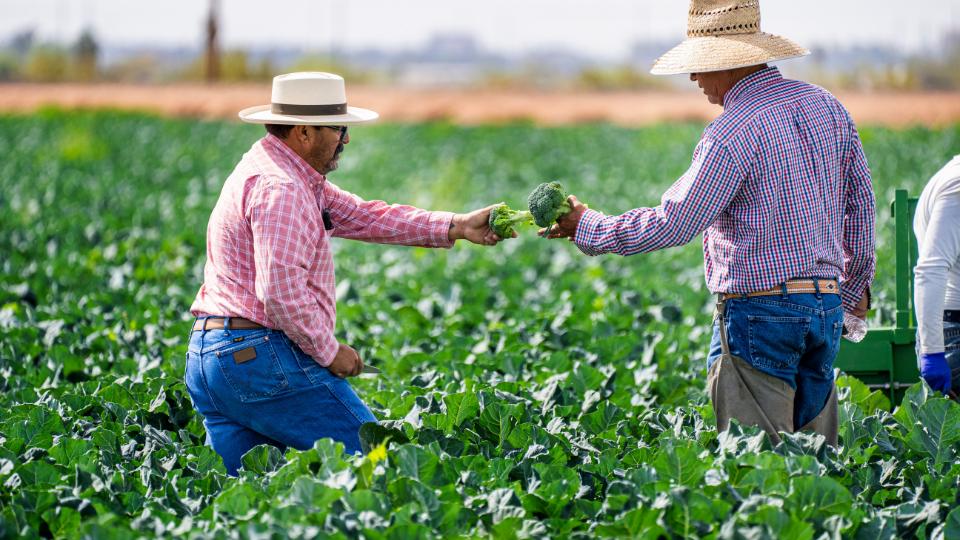
Agricultural Waste Conversion Technologies
The transformation of agricultural waste into bioenergy relies on a variety of conversion technologies.
These processes are designed to efficiently extract energy from organic materials, turning what would otherwise be waste into valuable resources.
In the UK, several technologies are at the forefront of this conversion process, including biochemical and thermochemical methods.
Biochemical Conversion
The biochemical conversion process is like anaerobic digestion, which is widely used in the UK for managing livestock manure and vegetable waste.
This process converts organic materials into biogas, a mixture of methane and carbon dioxide, which can be used for electricity generation, heating, or as a vehicle fuel after purification.
Thermochemical Conversion
Thermochemical Conversion includes methods such as pyrolysis, gasification, and direct combustion.
These processes break down biomass at high temperatures to produce bio-oil, syngas, and heat energy.
Pyrolysis, for instance, thermally decomposes organic material in the absence of oxygen, yielding bio-oil (also known as pyrolysis oil) that can be refined into renewable fuels.
Gasification converts biomass into syngas, which can be used to produce electricity, heat, or as a chemical feedstock.

Environmental and Economic Benefits of Using Agricultural Waste
Using agricultural waste for bioenergy presents multiple benefits:
- Reduces Greenhouse Gas Emissions:
By converting agricultural waste into energy, methane emissions from decomposing biomass are significantly reduced, contributing to lower overall greenhouse gas emissions.
- Enhances Energy Security:
Bioenergy provides a renewable source of energy that can reduce dependence on fossil fuels.
- Supports Rural Economies:
Developing bioenergy projects can create jobs and provide additional income for farmers, creating and encouraging economic growth in rural areas.
- Improves Waste Management:
Using agricultural waste for energy production helps manage the vast amounts of residues generated and reduces environmental pollution.
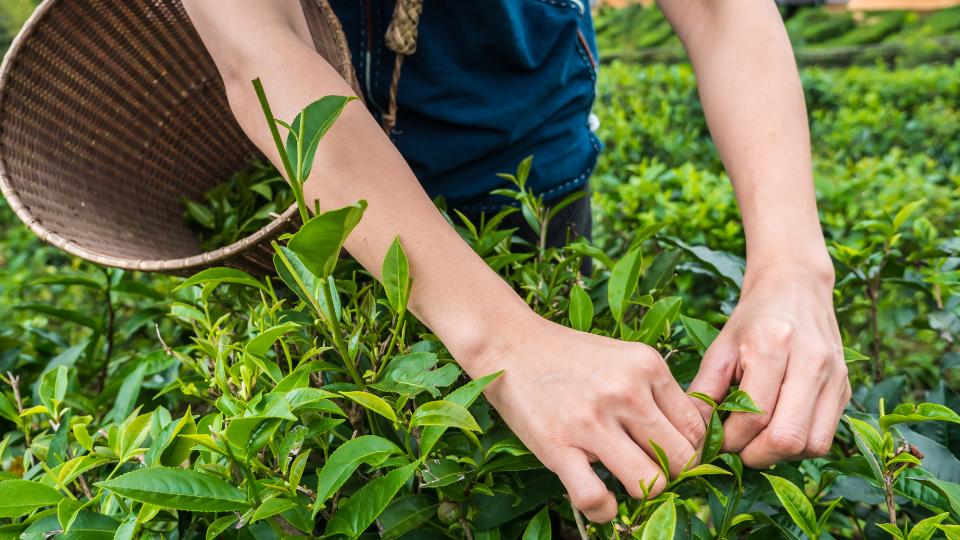
Current Agricultural Waste Market and Future Prospects
The global waste-to-energy market is predicted to be worth over $35 billion by 2025.
Specifically the agricultural waste-to-energy market is projected to continuously grow at a significant rate, with the estimated compound annual growth rate of 6.2% from 2024-2032.
Regions like North America, Europe, and Asia-Pacific are at the forefront of this growth due to substantial investments and favourable government policies.
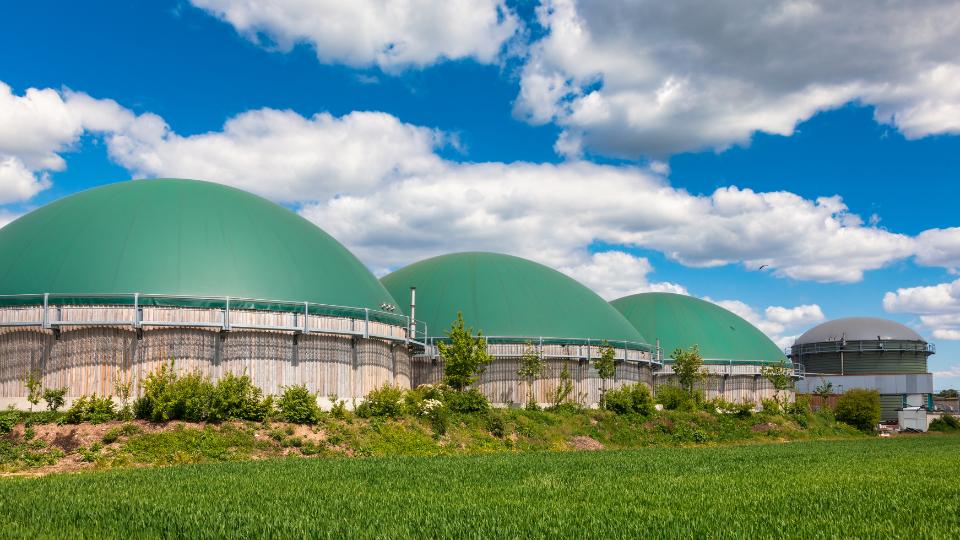
Using Agricultural Waste: Challenges and Recommendations
Despite its potential, the agricultural bioenergy sector faces challenges, such as the need for efficient pretreatment technologies and the high initial costs of bioenergy systems.
Addressing these challenges requires:
- Technological Innovation: Advancements in conversion technologies to enhance efficiency and reduce costs.
- Policy Support: Government incentives and subsidies to encourage the adoption of bioenergy solutions.
- Collaborative Efforts: Partnerships between governments, research institutions, and the private sector to drive innovation and implementation.
Want to know more about where agricultural waste goes? Read our blog!
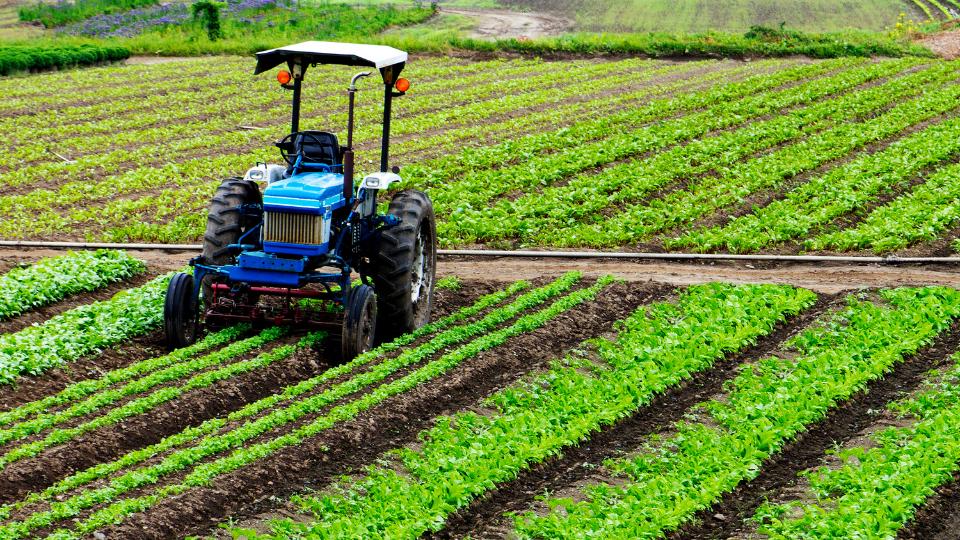
Conclusion
Harnessing the potential of agricultural waste for bioenergy represents a sustainable solution to both energy production and waste management.
As technologies advance and market conditions improve, agricultural bioenergy could play a crucial role in the global transition to renewable energy.
By leveraging the vast amounts of agricultural waste, we can move towards a more sustainable and energy-secure future, making “farm to fuel” not just a concept, but a widespread reality.
Make sure your farm is storing your farm waste correctly to adhere to government regulations.
For more in-depth information and the latest updates, refer to the World Bioenergy Association and other industry reports.


